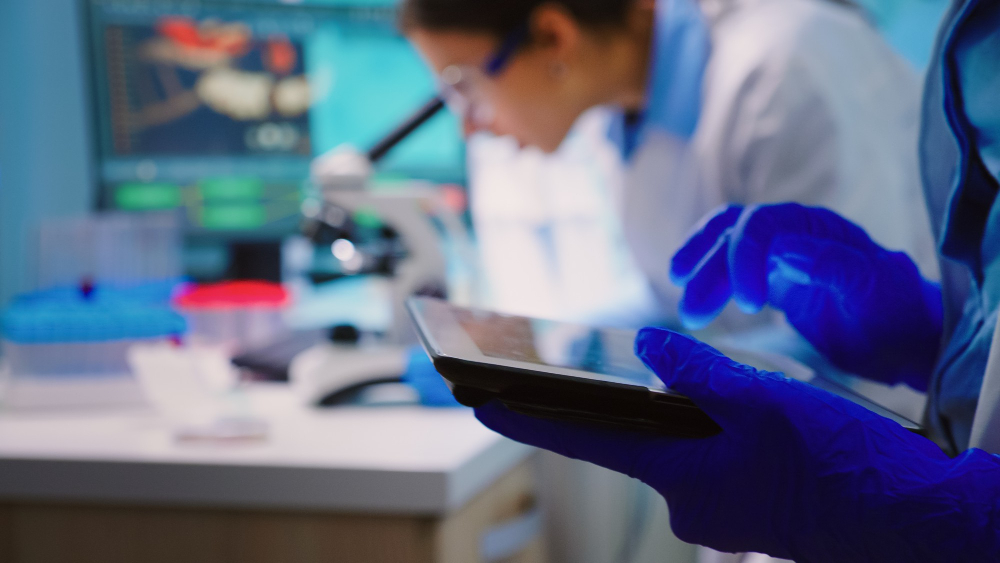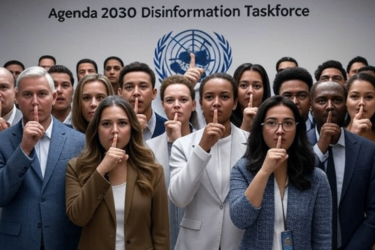Govt agencies that fund big pharma & deal with public health emergencies are working together on the pharmaceutical regulatory approval process: perspective
DARPA and the US Department of Health and Human Services’ emergency preparedness and response division are teaming up on a research project “to demonstrate a real-time digital regulatory approval framework for multiple finished drug products.”
Last week, the US Defense Advanced Research Projects Agency (DARPA) announced it will hold an industry day for its Establishing Qualification Processes for Agile Pharmaceutical Manufacturing (EQUIP-A-Pharma) program on January 8, 2024.
The EQUIP-A-Pharma program description consists of only two sentences:
“Agile pharmaceutical manufacturing refers to a suite of chemical synthesis hardware and software that can be rapidly reconfigured or reprogrammed to produce finished drug products from widely available starting chemicals (commodity chemicals or precursors)”
“Via EQUIP-A-Pharma, DARPA – in collaboration with Administration of Strategic Preparedness and Response (ASPR) Division in Health and Human Services (HHS) – aims to explore innovative approaches to demonstrate a real-time digital regulatory approval framework for multiple finished drug products produced from widely available precursors on a single reprogrammable hardware platform”
DARPA’s partner in this endeavor, the Administration of Strategic Preparedness and Response (ASPR), leads the US government’s “medical and public health preparedness for, response to, and recovery from disasters and other public health emergencies.”
ASPR has several program offices, including the Biomedical Advanced Research and Development Authority (BARDA).
“BARDA provides an integrated, systematic approach to the development of the necessary vaccines, drugs, therapies, and diagnostic tools for public health medical emergencies such as chemical, biological, radiological, and nuclear (CBRN) accidents, incidents and attacks; pandemic influenza (PI), and emerging infectious diseases (EID)”
BARDA has some of the biggest COVID-19 vaccine manufacturers in its portfolio, which includes:
- Pfizer
- Moderna
- Janssen
- AstraZeneca
- Novavax
The relationship between DARPA and Moderna goes back to when DARPA awarded Moderna $25 million to develop mRNA vaccines in October 2013, and the relationship continued through the COVID-19 pandemic.
In part one her in-depth report on Moderna entitled, “Moderna: A Company ‘In Need Of A Hail Mary,'” investigative journalist, author, and contributing editor at Unlimited Hangout Whitney Webb highlights both DARPA and BARDA as being among Moderna’s “strategic collaborators,” which also includes Merck, AstraZeneca, and the Bill and Melinda Gates Foundation to name a few.
A peculiar event occurred in August 2020 when the NGO Knowledge Ecology International (KEI) alerted the Pentagon of “Moderna’s failures to disclose DARPA funding in patented inventions.”
In a letter sent to then Secretary of Defense Mark Esper and former DARPA program manager Amy Jenkins (who is now a director at the Advanced Research Projects Agency for Health [ARPA-H]), KEI director James Love said:
“KEI examined the 126 patents assigned to ‘Moderna’ or ‘ModernaTx’ as well as 154 patent applications. Despite the evidence that multiple inventions were conceived in the course of research supported by the DARPA awards, not a single one of the patents or applications assigned to Moderna disclose US federal government funding.”
Even after receiving this alert, DARPA would go on to grant Moderna another $56 million in October 2020 for vaccine manufacturing during the COVID-19 pandemic.
In part two of her report on Moderna entitled, “COVID-19: Moderna Gets Its Miracle,” Webb elaborates, stating:
“On September 10, 2020, BARDA joined long-time Moderna funder and “strategic ally” DARPA in scrutinizing contracts that had been awarded to the company due to Moderna’s failure to disclose the role government support had played in its numerous patent applications.”
Webb went on to report that even though “DARPA claimed to be ‘scrutinizing’ Moderna’s patent applications, it awarded the company up to $56 million to develop small-scale mobile means of manufacturing its products—namely, its COVID-19 vaccine and its personalized cancer vaccine.”
Now, through the EQUIP-A-Pharma program, DARPA and the government agency responsible for dealing with public health emergencies and disasters are working together on the pharmaceutical regulatory approval process.
These same government organizations also fund big pharma.
If successful, who would benefit most from EQUIP-A-Pharma — private citizens, the government, or big pharma companies like Moderna, Pfizer, or AstraZeneca?
Image by DCStudio on Freepik












